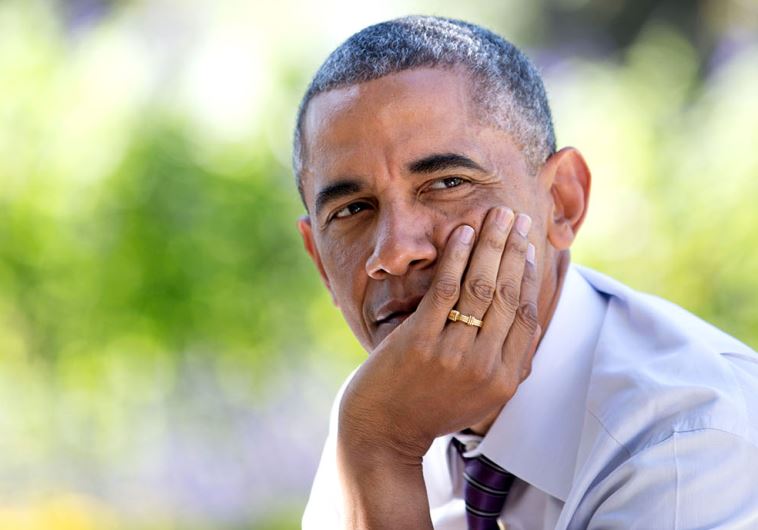Middle Israel: The Obama years
The Obama years arrived amid great euphoria, which soon gave way to perplexity and, in due course, to widespread alarm.
 US President Barack Obama at the Rose Garden of the White House(photo credit: OFFICIAL WHITE HOUSE PHOTO / PETE SOUZA)
US President Barack Obama at the Rose Garden of the White House(photo credit: OFFICIAL WHITE HOUSE PHOTO / PETE SOUZA)